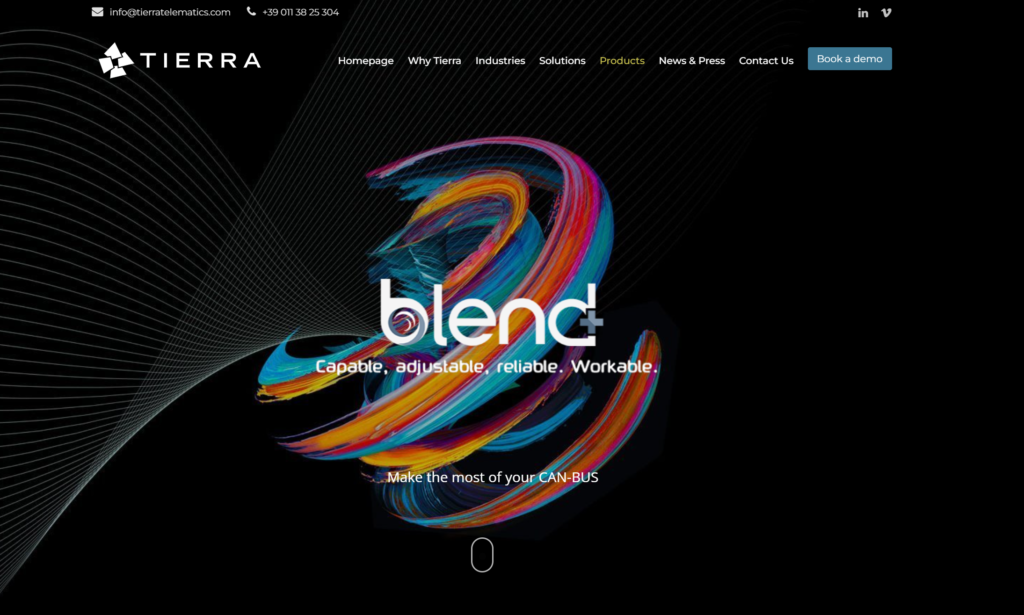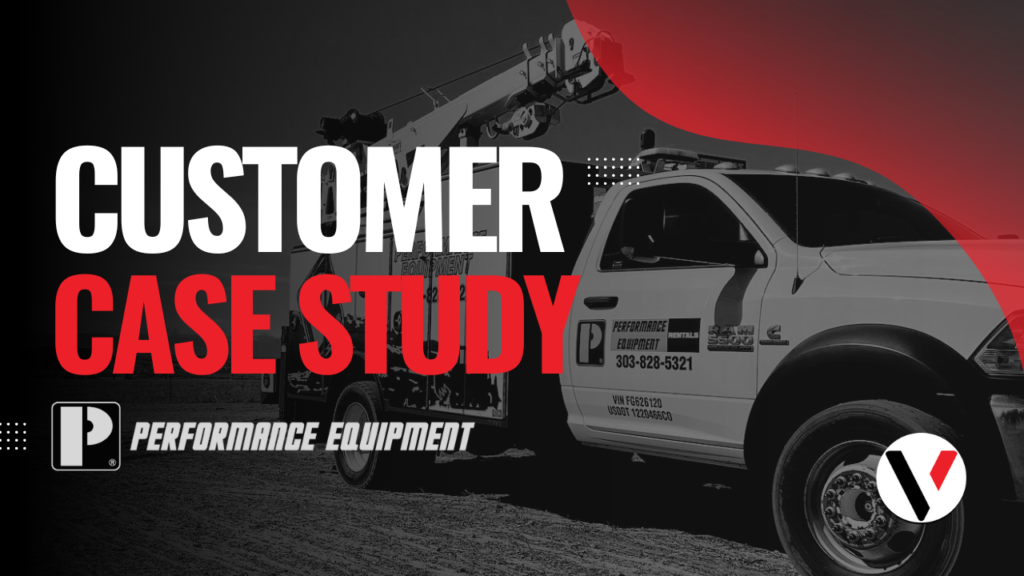Managing a heavy equipment dealership is complex and full of surprises. Whether you're a seasoned pro or just starting out, you know that inventory management, financing, customer outreach, and marketing are just a few of the many hats you wear daily. While some dealers may try to handle these tasks on their own, a more efficient approach is to implement dealer management software (DMS).
A good DMS solution helps heavy equipment dealers simplify their workload and helps their business run smoothly by automating day-to-day tasks, ensuring more expeditious results. This allows these functions to be harmonized, working toward the same goals and from shared data points. As dealers search for the best software to meet their specific needs, they’ll find numerous choices. However, not all dealer management systems are created equal. In searching for the best DMS, dealers should prioritize and consider the following features.
Essential Features of Modern Dealer Management Software
Easy Deployment and Cloud-Based Access
The best DMS solutions are quick to implement and do not require significant hardware upgrades. Opting for a cloud-based system ensures:
- Reliability: Virtually no downtime, keeping your business running smoothly.
- Accessibility: 24/7 access from anywhere, ensuring you can manage your dealership on the go.
- Speed and Security: Fast processing with quality security protocols to protect sensitive data.
- User-Friendly Interface: An intuitive UX that your team can easily navigate.
- Continuous Improvements: Regular updates and enhancements to keep your system upto-date.
Comprehensive Inventory Management
One of the most challenging aspects of running a heavy equipment dealership is tracking inventory. A Modern DMS should include:
- Real-Time Inventory Tracking: Keep tabs on what’s in stock, what’s sold, and what needs replenishing.
- Automated Reordering: Set parameters for automatic reordering to ensure you never run out of critical equipment.
- Detailed Equipment Information: Store and access comprehensive details about each piece of equipment, including specifications, maintenance history, and pricing.
Advanced Customer Management
Maintaining strong relationships with customers is crucial. Look for DMS features that include:
- CRM Integration: A built-in customer relationship management system to track interactions, sales history, and preferences.
- Automated Follow-Ups: Tools to schedule and automate follow-up communications with leads and customers.
- Customer Segmentation: Group customers based on various criteria to tailor marketing and sales efforts.
Financial Management
A modern DMS should simplify financial transactions and provide comprehensive tools for managing dealership finances:
- Credit History Verification: Seamless integration with major credit bureaus to check potential borrowers' credit histories.
- Financing Calculations: Automated calculations to offer accurate loan and lease options.
- In-House Financing Options: Tools to manage internal financing programs, transforming your dealership into a buy-here, pay-here operation.
Third-Party Integrations
To maximize efficiency, your DMS should integrate smoothly with other essential tools and platforms:
- Vendor Integration: Connect with suppliers and other third-party services to streamline operations.
- Marketplaces and Advertising: Easy integration with platforms for advertising and selling equipment online.
Powerful Reporting and Analytics
Understanding your dealership’s performance is key to making informed decisions. A good DMS should offer:
- Customizable Reports: Generate reports tailored to your specific needs and metrics.
- Actionable Insights: Use data analytics to identify trends, optimize operations, and improve sales strategies.
- Performance Dashboards: Visual dashboards to monitor key performance indicators in real-time.
Contract and Document Management
Streamline your paperwork with features that manage contracts and forms efficiently:
- Digital Contracts: Create, manage, and store contracts electronically for quick access and processing.
- Form Generation: Automatically generate necessary documents, such as purchase agreements and maintenance logs.
Integrated Marketing Tools
Enhance your marketing efforts with a DMS that offers built-in marketing tools:
- Marketing Automation: Automate repetitive marketing tasks like advertisements, social posts, and emails campaigns to ensure consistent engagement with your audience..
- Campaign Management: Plan, execute, and track marketing campaigns from within the DMS.
- Multichannel Marketing: Leverage various platforms like social media, email, and online marketplaces for broader reach.
- Analytics: Measure the effectiveness of your marketing strategies and adjust as needed.
Transform Your Dealership with the Right DMS
Investing in a modern Dealer Management System can transform the way you run your heavy equipment dealership. By automating and integrating various functions, a modern DMS helps you focus on what matters most: growing your business and serving your customers. When selecting a DMS, ensure it includes these essential features to maximize efficiency and profitability.
Why Choose Vizybility?
At Vizybility, we are committed to helping you harness the power of YOUR data. While other platforms make it hard, Vizybility believes "It's your data, we just hold it." Embrace the future of data-driven decision-making with Vizybility, where insights lead to action and success.





